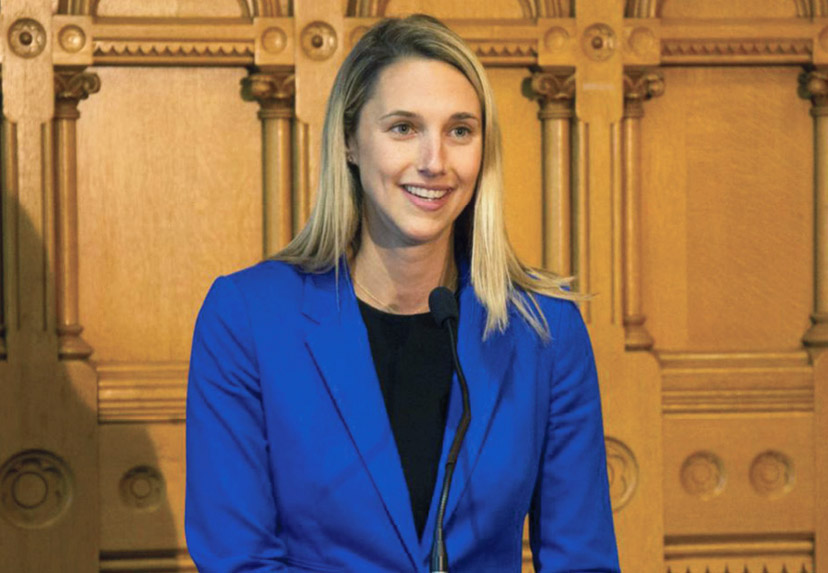It was a foregone conclusion last year, when Guy T. Parisi pleaded guilty to mail fraud, that he would lose his law license.
Now a panel of five Second Appellate Court justices has formally disbarred the once-prominent Westchester lawyer and struck his name from the roll of attorneys allowed to practice their profession in New York.
Parisi clearly saw the consequences of his actions during his sentencing last May.
“My life as a lawyer and a counselor, which I cherished and worked so hard to maintain for over 47 years, is now gone,” he told U.S. District Judge Kenneth M. Karas.
Parisi, of Rye, had served for many years as counsel to the Westchester County legislature and for the county Republican Party.
In 2017, Alfred Mallard Jr. hired Parisi to take over as administrator of the estate of his father, who had died in 2000. The previous administrator had embezzled $1.4 million from the estate, and stocks worth about $6 million were being held by the state comptroller as unclaimed funds.

Parisi created an asset recovery company and then used his position as estate administrator to hire the company, without informing Mallard, to get the assets back. The scheme enabled him to charge a fee that was far greater than what he was entitled to as estate administrator.
He could have pocketed from $550,000 to $1.5 million, according to court documents, but the comptroller”™s office discovered the deception before Parisi could cash in.
His attorneys had recommended no jail time, arguing that the swindle was an “extreme aberration in an otherwise honorable and law-abiding life.”
Parisi was suffering from several serious diseases, including prostate cancer, cardiac conduction disorder and hypertension, attorney James Walden noted at the sentencing hearing.
“He”™s been disgraced,” Walden said. “He will lose his law license. He”™s losing his livelihood. He can never practice law again.”
But James McMahon, an assistant prosecutor, discounted the “collateral consequences” argument.
“Practicing law is a privilege,” McMahon told the court. “It is not something that you lose as a punishment. You lose it because you have shown that you no longer deserve to have that privilege.
“And I think the same thing is true with respect to reputation in the community. One can earn a positive reputation,” he stated, “but if one no longer deserves to have it, one loses it. That”™s not punishment.”
Karas rejected the prosecution”™s recommendation for up to 41 months in prison as too much, particularly given Parisi”™s health.
He also found that punishment would not act as a “specific deterrence” to preventing Parisi from carrying out another scheme.
But he agreed with McMahon”™s rebuttal.
Lawyers already know that if they break the law they will lose their privilege to practice law, Karas said. That collateral damage should not be given much weight in the sentencing.
“My concern,” Karas said, “is general deterrence. My concern is this notion that society looks to lawyers to be the one group of people who won”™t defraud the client.”
Karas said lawyers need to understand “that saying I”™m going to lose my law license, that”™s not enough of a punishment.”
Karas sentenced Parisi, 72, to six months in prison and two years of supervised release.
Parisi did not oppose a motion by a state court grievance committee to strike his name from the roll of attorneys. Instead, the appellate judges noted, he submitted an application to resign as an attorney, attesting “that he could not successfully defend against the charges of professional misconduct stemming from his plea of guilty.”
On Feb. 26, the appellate court formally disbarred him.






















